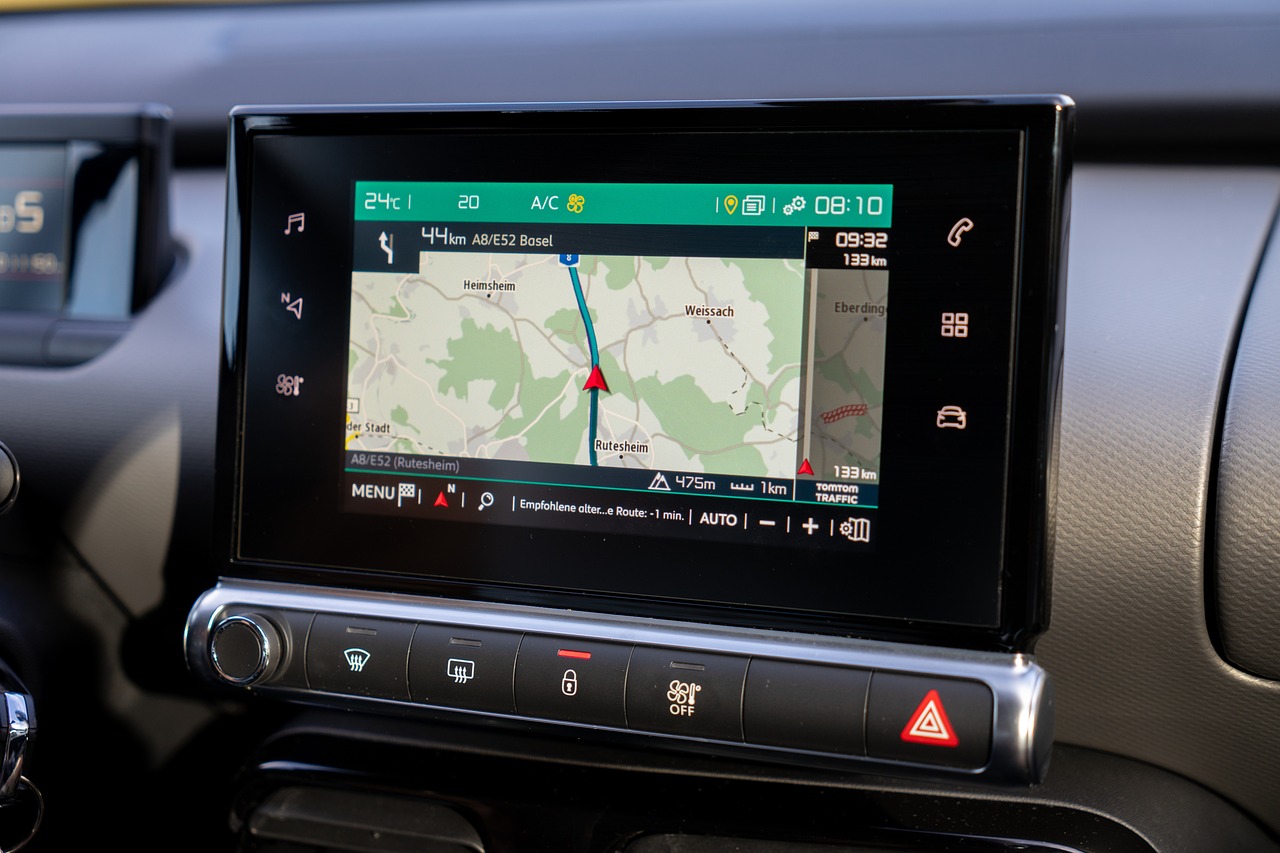Charting the Course: Navigating through the Evolution of GPS Technology in Automotive Industry
The automotive industry has seen a myriad of technological advancements in recent years. One of the most influential among these is the evolution of Global Positioning System (GPS) technology. Once a novelty, GPS has now become a cornerstone of modern-day driving, offering a plethora of benefits and applications, but also facing significant challenges.

Driving Back in Time: From Maps to GPS
The first method of navigation involved the use of physical maps. However, these maps were static, often outdated, and required the driver’s full attention, making them inconvenient and somewhat unsafe. Then, in the early ’90s, the first GPS systems were introduced in automobiles. They were bulky, expensive, and had limited functionality. But as with any technology, GPS evolved over time. Today, it is an integral part of any vehicle, providing real-time traffic information, turn-by-turn navigation, and much more.
GPS Today: A Powerful Tool for Drivers
Modern GPS systems have revolutionized the way we drive. They provide accurate and updated maps, weather and traffic updates, points of interest, and even alternative routes in case of traffic congestion. Some high-end systems also offer voice-activated controls, 3D mapping, and integration with other in-car systems.
However, the applications of GPS go beyond just navigation. For example, it is now being used in telematics to monitor vehicle performance, in fleet management to track and manage vehicles, and in safety systems like Advanced Driver Assistance Systems (ADAS).
The Future of GPS: More than Just Navigation
The future looks even brighter for GPS technology. Experts predict that it will play a key role in the development and implementation of autonomous vehicles, enabling them to navigate complex traffic scenarios. Moreover, it will also contribute to the creation of smart roads, where infrastructure can communicate with vehicles, enhancing safety and efficiency.
However, like any technology, GPS also faces challenges. The accuracy of GPS can be affected by buildings, trees, and even atmospheric conditions. Privacy concerns are another issue, as GPS tracking can potentially be used for malicious purposes. The industry is actively working on these issues to ensure GPS continues to be a reliable tool for drivers.
GPS - An Indispensable Part of Driving
In conclusion, GPS technology has come a long way from being a simple navigation tool to becoming an integral part of modern driving. Despite the challenges it faces, its potential far outweighs the drawbacks. As we move into a future where autonomous vehicles and smart roads become a reality, GPS will undoubtedly play a pivotal role in shaping that future.
The evolution of GPS in the automotive industry is a testament to the power of innovation and the relentless pursuit of making driving safer, easier, and more enjoyable.




